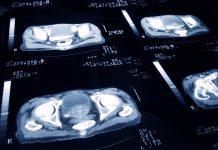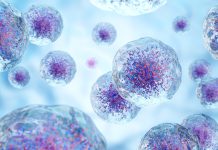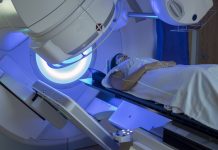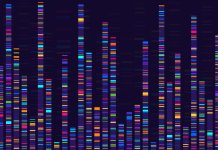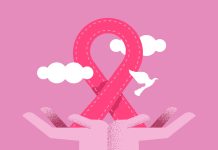Research finds that men who have a neurodevelopmental disorder, such as autism and ADHD, also have a slightly increased risk of testicular cancer
Scientists at Uppsala University and Uppsala University Hospital find a link between the risk of developing testicular cancer, or seminoma, amongst men who have pre-existing neurodevelopmental disorders.
While the underlying causes of the cancer are still largely unknown, this is one of the first studies to show a link between conditions like ADHD and Autism and this type of cancer.
According to the NHS, typical symptoms of seminoma are as painless swelling or lump in 1 of the testicles or any change in shape or texture of the testicles. Previously known risk factors for this cancer includes having an undescended testicle as a baby or having a father or brother with the condition.
Ingrid Glimelius, Senior Consultant at the Department of Oncology at Uppsala University Hospital, said: “As testicular cancer can be surgically removed, thus curing the disease, it is important to seek care in time if you feel a lump in your testicle.”
Testicular cancer is the most common form of cancer in young men
Looking at the differences in men with and without neurodevelopmental disorders, this study analysed 6,166 patients with a seminoma in Sweden and compared them against the 61,660 age-matched men without testicular cancer.
To confirm whether the men had any psychiatric diagnoses prior to cancer diagnosis, medical register data was used.
The data found that neurodevelopmental disorders were more common in patients with testicular cancer than in the control group.
While the group with a neurodevelopmental disorder demonstrated a significant increase in the risk of the seminoma type of testicular cancer, the absolute risk increase was less than one percent.
The absolute risk increase was less than one percent
This indicates that the risk of testicular cancer is still very low even among boys and men with conditions such as autism and ADHD, and there is no need to worry if you have these diagnoses. However, the research is vital to aid in understanding how cancer can affect different men and why.
The risk of seminoma is still very low for men with neurodevelopment disorders
Ingrid Glimelius continued: “The study also found that people with a neurodevelopmental disorder were a median of four years younger when they developed cancer and were more likely to have more advanced disease at diagnosis.
“Since we can see a reduced survival rate among people with a mental health issue, it is important for the health care system, the individuals in question and their families to be aware that they may also be affected by another illness, and to ensure they seek treatment if they feel a lump in their testicle. This disease can be cured in most people today.”
“Testicular cancer survival rates were generally very good in both groups”
Anna Jansson, a Physician at Uppsala University Hospital, added: “We also saw that people with a previous psychiatric diagnosis had a slightly increased risk of dying from their testicular cancer compared to people without a previous psychiatric diagnosis, although testicular cancer survival rates were generally very good in both groups.
“We do not know why we are seeing a link between neurodevelopmental disorders and the risk of testicular cancer, but we believe that early life events have an impact; perhaps even as early as the foetal stage.”
The study results are intriguing to get closer to explaining the mechanisms of seminoma occurrence.


